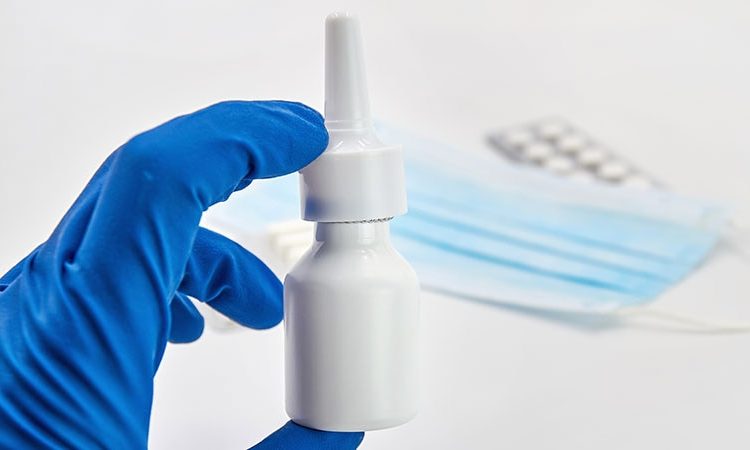Editor’s note: Find the latest COVID-19 news and guidance in Medscape’s Coronavirus Resource Center.
China and India have approved COVID-19 vaccines that can be given through the nose or mouth, which scientists hope will be a “game changer” for the pandemic.
The vaccines target the mucous membranes in the nose, mouth, and lungs to start an immune response in the places where the coronavirus enters the body. The idea is for mucosal vaccines to prevent mild cases and block transmission to others, which the existing shots can’t do.
“These approvals validate the need for mucosal vaccines. That’s the direction we need to go globally, and the United States needs to catch up,” Marty Moore, PhD, co-founder of Meissa Vaccines in California, which is developing a nasal COVID-19 vaccine, told Nature.
With the approvals in China and India, there are now four nasal coronavirus vaccines worldwide. Iran and Russia have also approved mucosal vaccines. Overall, more than 100 similar vaccines are being developed globally, with about 20 in clinical trials in humans. The vaccination methods include aerosols, drops, pills, and sprays.
Mucosal vaccines have been developed for other diseases, Nature reported, including the flu, polio, and cholera. Most of the vaccines are taken orally, and one of the flu vaccines is given nasally.
China’s new vaccine, developed by CanSino Biologics, uses the same ingredients as the company’s COVID-19 shot that is already available in the country. A nebulizer turns the liquid vaccine into an aerosol spray, which can be inhaled. On Sunday, China’s health department and National Medical Products Administration approved the nasal spray as a booster dose.
India’s new vaccine, developed by Bharat Biotech, is given as drops in the nose. Approved by regulators on Tuesday, the vaccine is intended to be a two-dose primary series rather than a booster. The nasal spray could be an option for people who haven’t yet been vaccinated, according to The Associated Press, though the company is also hoping that the vaccine will be approved to be used as a booster dose.
Both companies created “viral vector” vaccines, which use an adenovirus to deliver the genetic material of the coronavirus into cells to cause an immune response. Although neither company has published data from phase III clinical trials, both companies say they’ve completed the studies.
CanSino Biologics has released data from phase II trials. The company’s inhaled vaccine, when given as a booster, greatly increased antibody levels, even more than a booster shot. The results suggest that the inhaled vaccine could offer protection that is as good as — and possibly even better than — an injection, Nature reported.
Similarly, Bharat Biotech compared its intranasal vaccine to Covaxin, the COVID-19 shot available in India, by measuring antibody levels in the blood. The company didn’t release results from the study but called the trial “successful,” Nature reported.
Little data is available for the nasal vaccines in Iran and Russia. In October 2021, Iran approved a COVID-19 nasal spray, made by the Razi Vaccine and Serum Research Institute. More than 5,000 doses have been given to people.
Russia’s health ministry has also reportedly approved a nasal spray version of Sputnik V, the country’s current COVID-19 shot. In October 2021, authorities allowed early trials among 500 volunteers, the AP reported, but the status of the trials and the availability of the nasal vaccine remain unclear.
Public health experts and researchers can’t say for sure how successful these mucosal vaccines will be, Nature reported. More studies are needed to find out if they can truly prevent people from getting a mild illness and giving the virus to others.
Sources:
Nature: “China and India approve nasal COVID vaccines — are they a game changer?”
The Associated Press: “India and China clear needle-free COVID-19 vaccines.”
Source: Read Full Article
